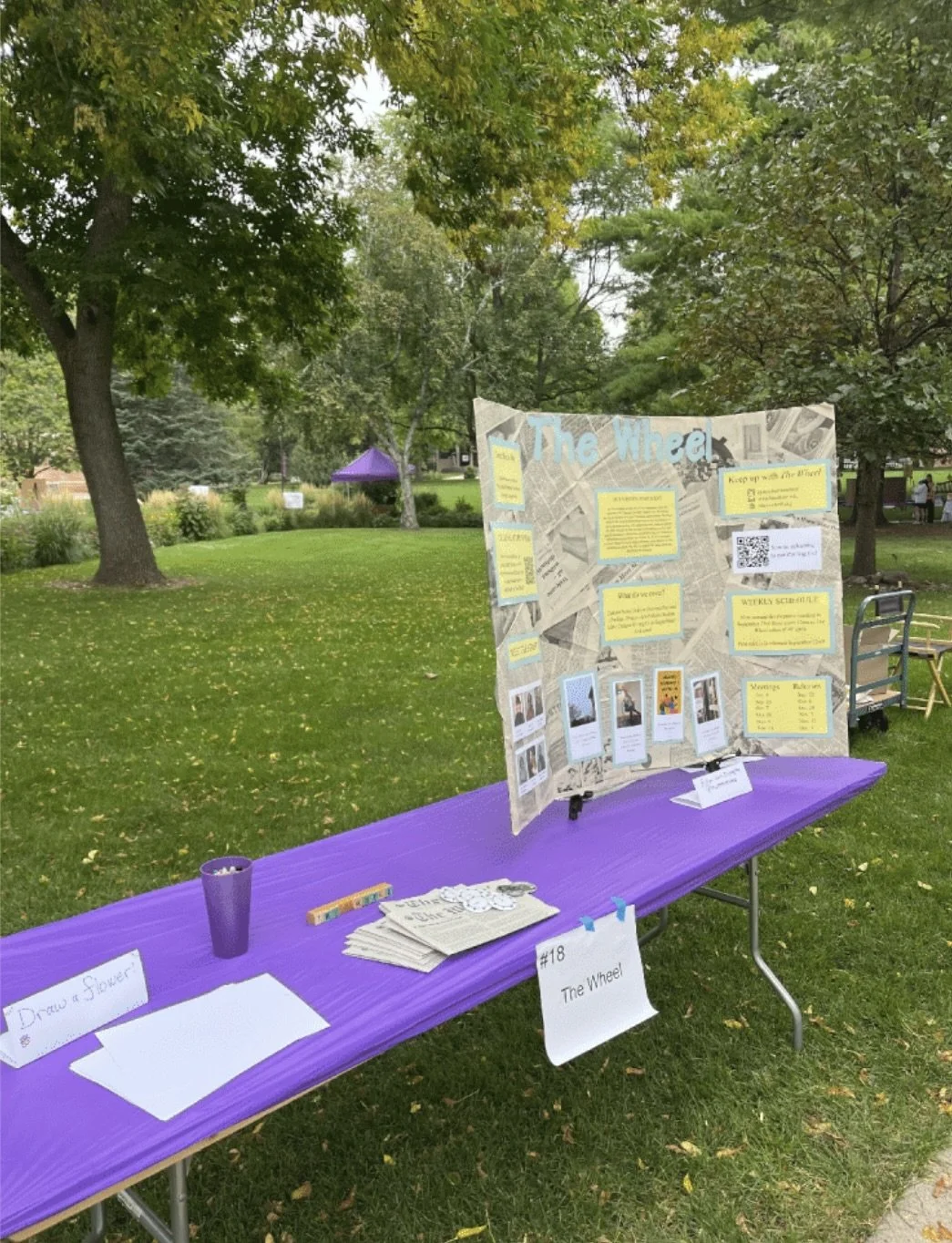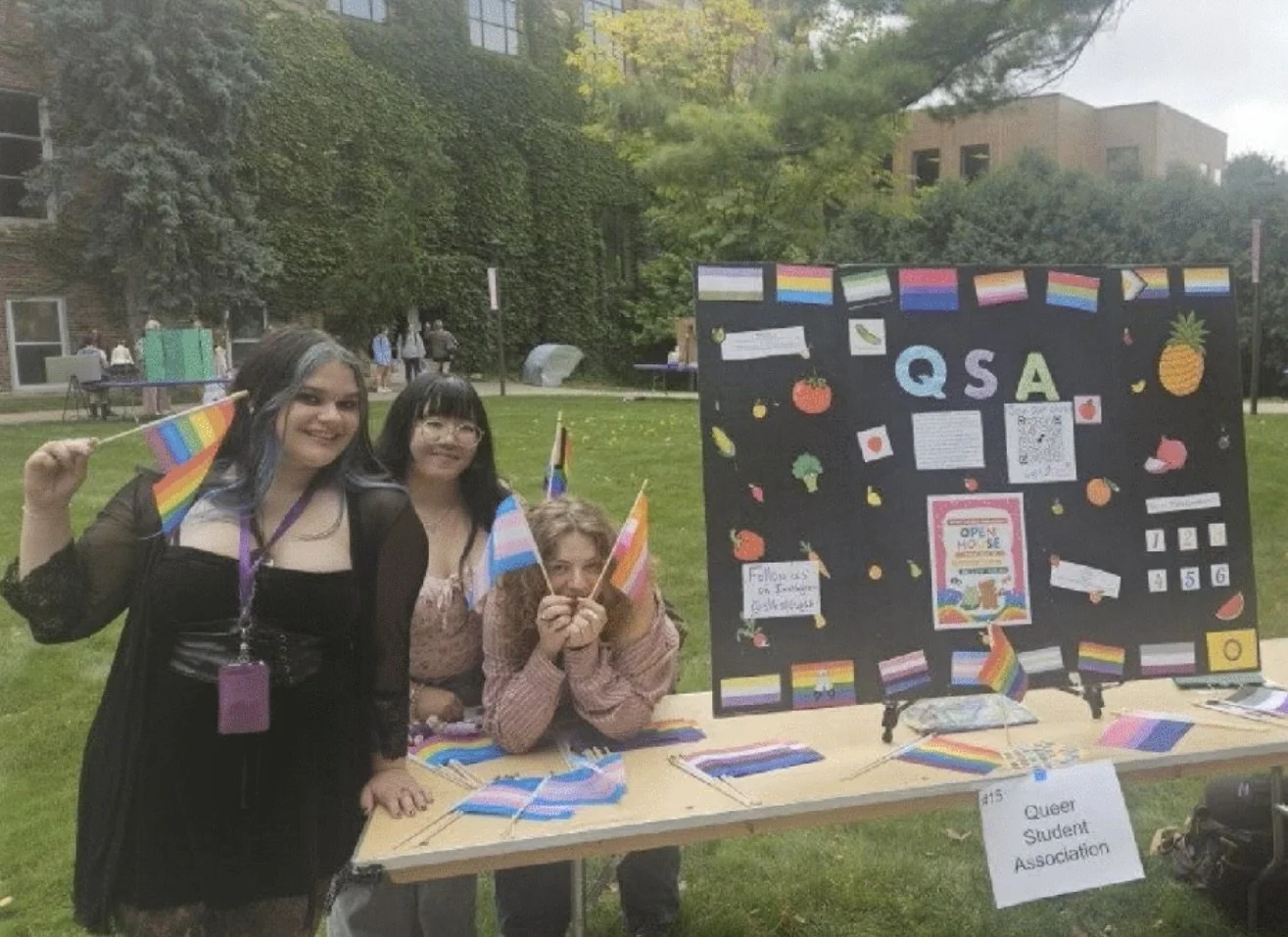Submission: Constructivism
By Madeline Lorenzen
As I made my way through the St. Catherine’s activity fair last week, I found myself wondering, “As a writer and history major, is an intramural sport really worth my time? Why should I get involved?” I’m sure many of you were left with similar questions. For me, the answer was found in a concept taught to me way back in my 10th grade Intro to Teaching course; constructivism.
Constructivism is an educational theory that argues that learning is an active process during which students build off of prior information, interweave knowledge, and use their own experiences to understand a topic. Western Governors University states “If a student is learning the chronology of dates for a series of historical events, at the same time they are learning the meaning of chronology. If a student is writing a paper about history, they are also learning principles of grammar and writing as well.” Studies such as those done in 2015 by Çetin Semerci and Veli Batdithat, attest to the success of constructivist approaches in the classroom. Semerci and Batdithat found this approach led to improved academic performance, retention, and student attitude.
But can we apply this theory outside of the classroom? If so, how? I argue yes. I argue that constructivism should be seen as a practice, a practice that mandates our interaction with the world around us. When we learn, we don’t passively absorb information. We build it off of and shape it around all that we already know. Our interactions,
relationships, beliefs, arguments, and study sessions don’t exist in isolation, but are rather in constant interaction with one another. In a sense, we “construct” our understanding of the world through all that we experience.
If I asked you if your brain turned off after you left the classroom you’d likely say no, and you’d be right. We don’t stop observing and absorbing and assimilating after we step out of the doors of Mendel, meaning we don’t stop learning after we step out of the doors of Mendel.
Because of this, I would argue that taking a walk and listening to the trees and watching the birds is essential to one's biology course. I would argue that lying to your mother, at least once, is needed to understand Ethics 2200 and that in joining an intramural sport I will learn some skill or come to some understanding not yet known that will shift the way I interact with my education. I would argue that to be in our world is to learn about our world. In the pursuit of understanding, whether it’s ourselves, one another, or even the meaning of life, one must travel, get dinner with friends, try a new sport, read a book they hate; talk and think and meet new people, and, yes, join as many clubs as possible.







